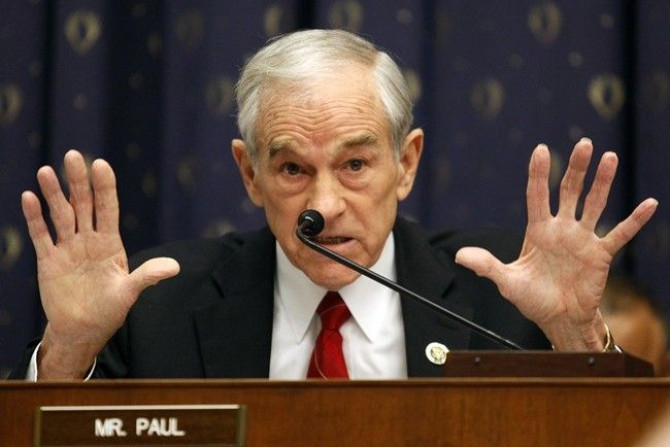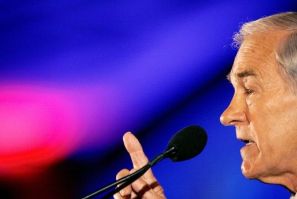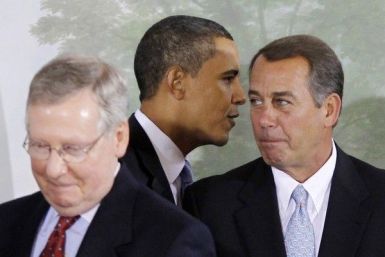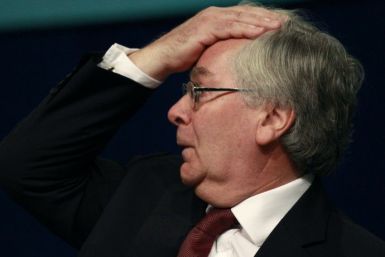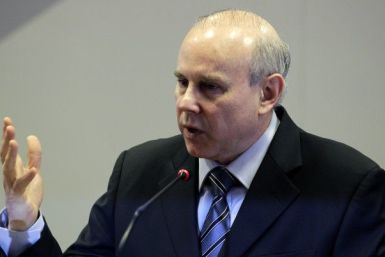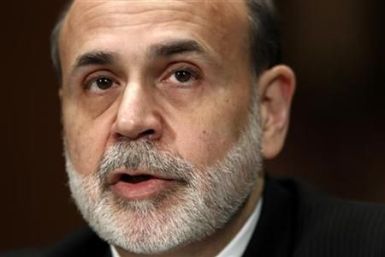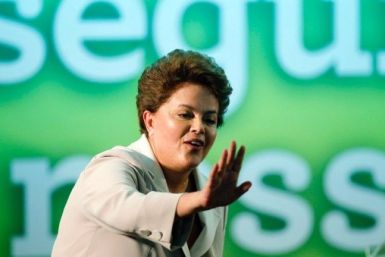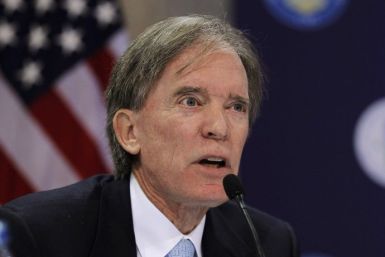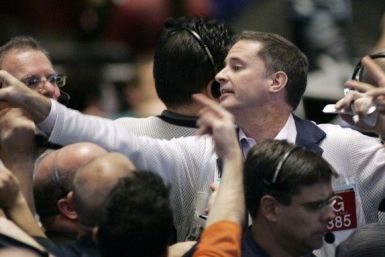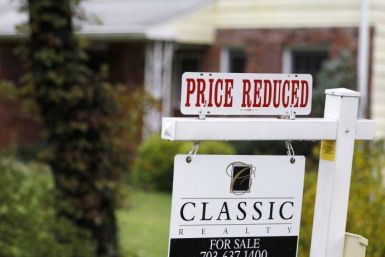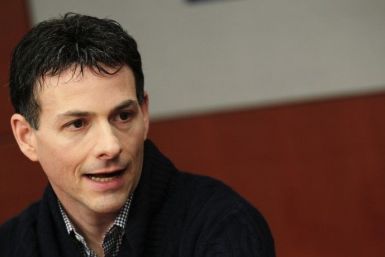The biggest question regarding the highly controversial program of QE2 remains this: did it work? Of course it worked, answered David Tepper, the billionaire hedge fund manager of Appaloosa Management.
If one had to pick the next 'AAA' country to lose their golden ratings, the U.S. would be a pretty good choice.
The equity markets of mature economies will outperform those of the emerging markets this year, said Marc Faber, publisher of the Gloom, Boom, and Doom report.
History shows the U.S. can force China to revalue the yuan.
Gold priced in US dollars rose for a second day on Tuesday. Reflecting the improved consumer appetite for gold in Asia, premiums for gold bars rose on Monday to hit another two-year high as jewelers from China rushed to buy ahead of the Lunar New Year, while purchases from the electronics sector helped stir up physical trading in Japan, dealers said.
Jim Rogers, the famous commodity bull, currently favors rice over gold as an investment.
The Bank of England kept its key interest rate at a record low 0.5 percent as expected on Thursday, judging that longer-term downward pressure on prices will quell a looming spike in inflation.
Investors are likely to pour more funds into Egypt in 2011 as a strengthening economy and attractive yields outweigh a fragile social backdrop and uncertainty ahead of a presidential election.
Gold prices rose in Europe on Wednesday, as a retreat in the dollar, rising oil prices and caution ahead of a sale of Portuguese bonds later in the day all boosted interest in the precious metal.
The extra fiscal stimulus in the form of tax cuts approved in December could produce a 4 percent growth rate for the U.S. economy in the first half of 2011, but there are lingering risks that could lead to a cold shower in 2012, according to the American Enterprise Institute (AEI).
Brazil's Finance Minister Guido Mantega has accused the United States of engaging in currency manipulation, and said his country would raise this issue at the World Trade Organization (WTO), adding that the U.S. and Chinese policies are fomenting a trade war.
Statistics released by the People’s Bank of China on Tuesday showed the Chinese forex kitty is bursting at seams with an 18.6 percent growth in 2010 which made it zoom to a record $2.85 trillion.
Data showed on Monday the Chinese trade surplus narrowed in December, easing the conflict between Beijing and Washington over rising U.S. trade deficit even as Chinese President Hu Jintao is scheduled to meet President Obama in the White House on January 19.
In the midst of the buzz and optimism about the economic recovery in 2011, not many are talking about the fact that cost in America may also meaningfully rise, possibly at a faster rate than justified by underlying economic growth.
The Federal Reserve's second round of quantitative easing (QE2) is pushing oil prices higher, said Andy Xie, a prominent economist.
Gold and Silver Prices both fell as London traders returned to work from the New Year shutdown on Tuesday, dropping over 3 percent from yesterday's highs as world stock markets caught up with Wall Street's strong gains.
The change of guard in Brasilia at the turn of the new decade could also mark a shift in Brazil’s long-entrenched policy to go with China on monetary policy issues.
Bill Gross of PIMCO is concerned about rising interest rates and the decline of the U.S. dollar.
The entire precious metals complex had a stellar run in 2010, led by palladium's 97 percent rise and Silver's 83 percent gain. Gold yielded investors a 29.7 percent profit in 2010, the tenth consecutive annual gain in a row.
Many observers believe the bond bull has run out of steam, although a 'pop' in the bond bubble is probably unlikely.
David Rosenberg, chief economist at Gluskin Sheff, said that investors are not being realistic about the likelihood of a major price declines for housing next year.
By keeping interest rates at all-time low levels, the U.S. faces the potential for a second major financial crisis, cautioned David Einhorn, the hedge fund manager.


